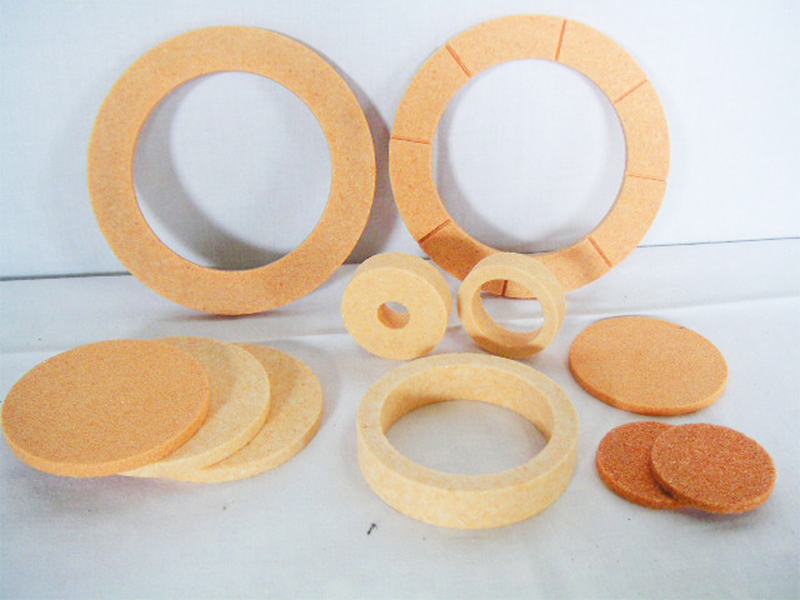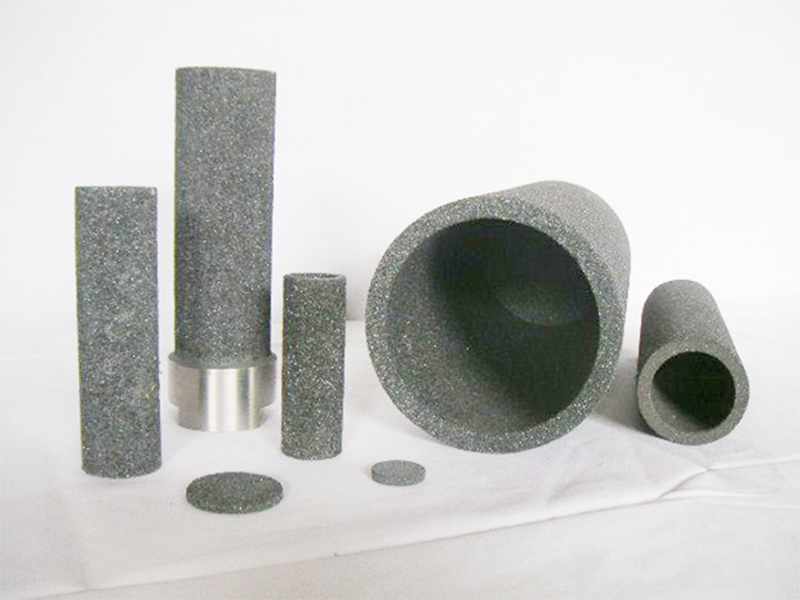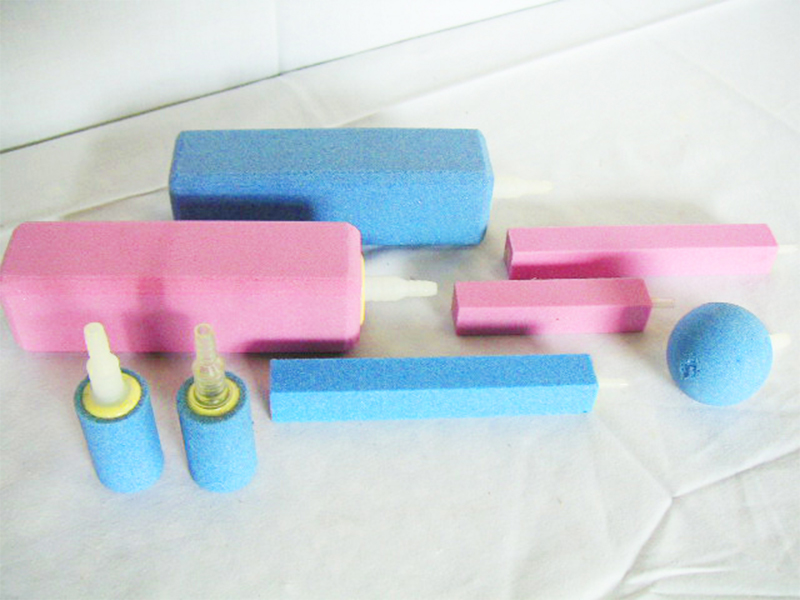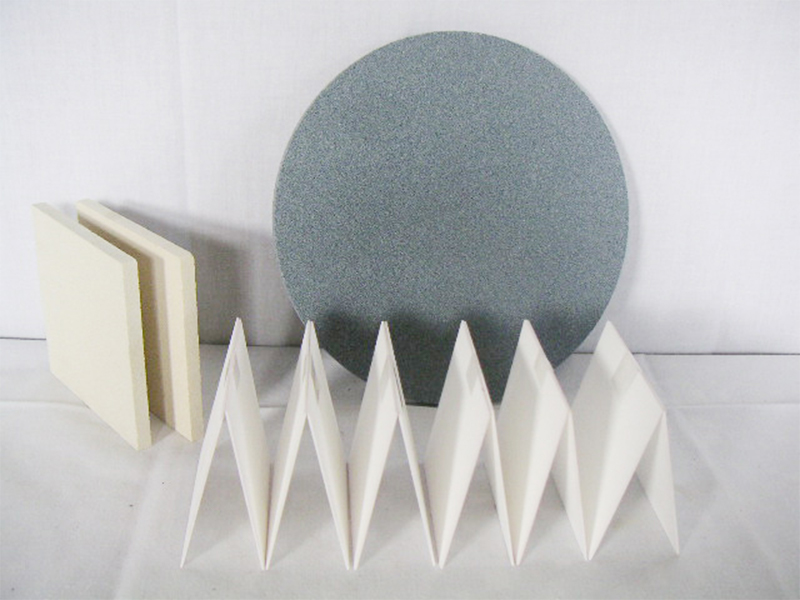Grinding stones are generally thought of as tools for just grinding and polishing, and most customers typically use them for these applications only. Vitrified grinding stones, however, are porous, resistant to high temperatures, and release virtually no particles. These characteristics make them well-suited to be used as filters. As a result, we are looking for ways to increase this type of use and we welcome any customer requests for new applications of grinding stones to meet your needs.
Filter Types
Poroustone

The porosity of poroustone enables it to be used to measure the water permeability of soil, compressibility, rate of consolidation, and shearing force.
Filters for Sampling Hot Gasses

Due to their porosity, high temperature resistance (up to 800°C <1472°F>), high corrosion resistance and high strength, grinding stones are used as pre-filters for sampling hot or corrosive gases for analysis, such as NOX (nitrogen oxide) or SOX (sulfur oxide) in smokestack gas emissions.
Air Stones

Air stones are used to force air and oxygen and other gases as small bubbles into tanks and ponds for live fish, farmed fish, and tropical fish. The stones enable the gasses to dissolve easily into the water. Since there is virtually no material eluted from the stones, the small animals do not suffer any harm.
Porous Chucks

Chucks with a uniform porosity and balance air flow enable thin, flat objects to be held immobile on a vacuum work table with an even vacuum across the workpiece. In the same way, porous chucks can also be used to vacuum transport objects.
Miscellaneous
The high porosity, tolerance of high temperatures and corrosion, high strength, and virtually no particle release enable grinding stones to also be used potentially as containers or carriers of various bacteria and catalysts just by making their shape flat, round, or tubular.
